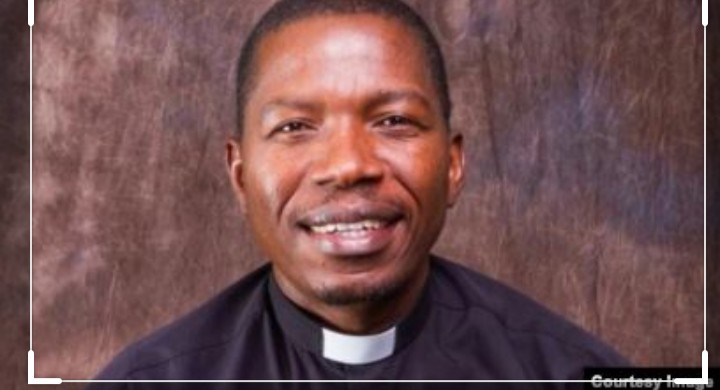By Joyce Mukucha
The Zimbabwe Council of Churches (ZCC) has called for a collaborative shared approach, a new consensus dominated paradigm and a healing process towards recovering the economy and attaining a peaceful nation.
Speaking at a meeting with the media which was aimed at shaping working relations with this community for the year 2020 in Harare on the 3rd of February 2020, the ZCC Secretary General, Rev. Dr. Kenneth Mtata said what Zimbabwe requires urgently to move forward is to embrace a new political culture of cooperation focused on nation building.
He reiterated that without collaboration, the country’s political paralysis will continue rendering the international re-engagement process futile in which international isolation inhibits investor confidence and even slowing economic growth.
“Zimbabwe has not undergone a healing process from the past periods of national hurt. Therefore, having looked at those issues in a holistic manner, we as the church believe that it is of paramount importance for citizens and political actors to embrace a consensus dialogical model and forget stories of the past. We believe that the model can work for a nation that is coming from a long period of conflicts.
“There should be an adequate way of building the nation which is at three levels. First and foremost, there should be collaboration at grassroots level where citizens in are engaged so that they see themselves contributing to national building. Secondly, there is need for engagement at organisational level and lastly at political and policy level where political actors can provide a platform for interaction despite the fact that they belong to different parties. If current chains of paralysis are not broken the nation cannot move forward and there can’t be real renewal and transformation. It is important for our nation to copy from developed countries which are progressing through consensus approaches,” he said.
Being guided by the Sabbath Call, which entails the suspension of the constitutional provision of periodic elections, he pointed out that without collaboration and if foundational problems are not dealt with, 2023 does not feature as a key highlight of where the nation is going. He emphasised that elections will not be meaningful but rather lead to fragmentation of the nation. Rev Mtata said the church in its own capacity feels that there is need to reach an agreement first to avoid disputed results.
Dr Mtata made it clear that the current political paralysis characterised by the failure of the ruling party and the main opposition party to find a workable collaborative model is an issue of great concern. He said the fact that the two main political parties remain stuck in the post-election mode and will soon embark on a new election mode means that Zimbabwe is unlikely to realise any meaningful engagement between these parties towards a shared constitutional alignment agenda.
A polarized environment, he added, weakens respect for national institutions such as the Courts, the Police and the Security sectors. Once such institutions are viewed as partisan and lacking in independence, it becomes impossible to elicit cooperation among the policy and political sectors to drive a national reforms processes in the best interests of the nation.
“A solid foundation needs to be built first so as to have a converged nation. Whenever there is an election, for example in 2023, if we have not created a culture in which citizens do not have full trust in the institutions of the state such as the Zimbabwe Election Commission and the Courts, we are going to have results which are not credible. Those who are waiting for 2023 can wait but we already know what will transpire. What we are saying is that national convergence is crucial. We need to collaborate.
“Without a shared approach to national processes, the efforts by one are undermined by the other, while any positive contribution towards the national good is read only within a party-political perspective. We foresee that, whichever political party wins an election the paralysis will remain, if the opposing parties do not learn to collaborate. It is the people who will continue to suffer if as a nation, we fail to establish unity in diversity,” said Dr Mtata.
The Reverend also stressed that the church was committed to continuing talking about conflict resolution and nation building mantra to ensure that peace and unity prevails.
It has been also stressed that there was need for Zimbabwe as a nation to desist from a syndrome of dependency and set its own agenda as well as use its own resources so as to achieve a prosperous, peaceful and a united country.
The Zimbabwe Council of Churches is an ecumenical Christian organization in Zimbabwe. It was founded in 1964 and is a member of the World Council of Churches and the Fellowship of Christian Councils in Southern Africa.
